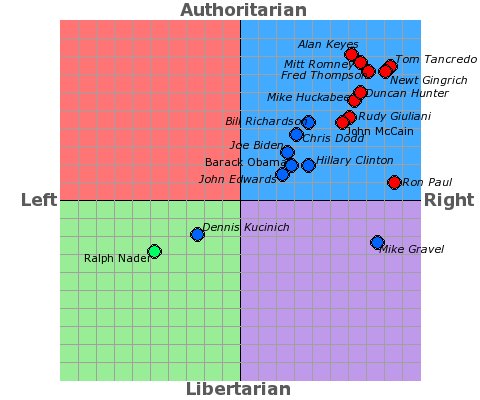In 1909, a manifesto of the new Progressivism appeared-a book called The Promise of American Life by Herbert Croly, editor of the New Republic and an admirer of Theodore Roosevelt. He saw the need for discipline and regulation if the American system were to continue. Government should do more, he said, and he hoped to see the "sincere and enthusiastic imitation of heroes and saints"- by whom he may have meant Theodore Roosevelt.
Richard Hofstadter, in his biting chapter on the man the public saw as the great lover of nature and physical fitness, the war hero, the Boy Scout in the White House, says: "The advisers to whom Roosevelt listened were almost exclusively representatives of industrial and finance capital-men like Hanna, Robert Bacon, and George W. Perkins of the House of Morgan, Elihu Root, Senator Nelson W. Aldrich ... and James Stillman of the Rockefeller interests." Responding to his worried brother-in-law writing from Wall Street, Roosevelt replied: "I intend to be most conservative, but in the interests of the corporations themselves and above all in the interests of the country."
Roosevelt supported the regulatory Hepburn Act because he feared something worse. He wrote to Henry Cabot Lodge that the railroad lobbyists who opposed the bill were wrong: "I think they are very shortsighted not to understand that to beat it means to increase the movement for government ownership of the railroads." His action against the trusts was to induce them to accept government regulation, in order to prevent destruction. He prosecuted the Morgan railroad monopoly in the Northern Securities Case, considering it an antitrust victory, but it hardly changed anything, and, although the Sherman Act provided for criminal penalties, there was no prosecution of the men who had planned the monopoly-Morgan, Harriman, Hill.


